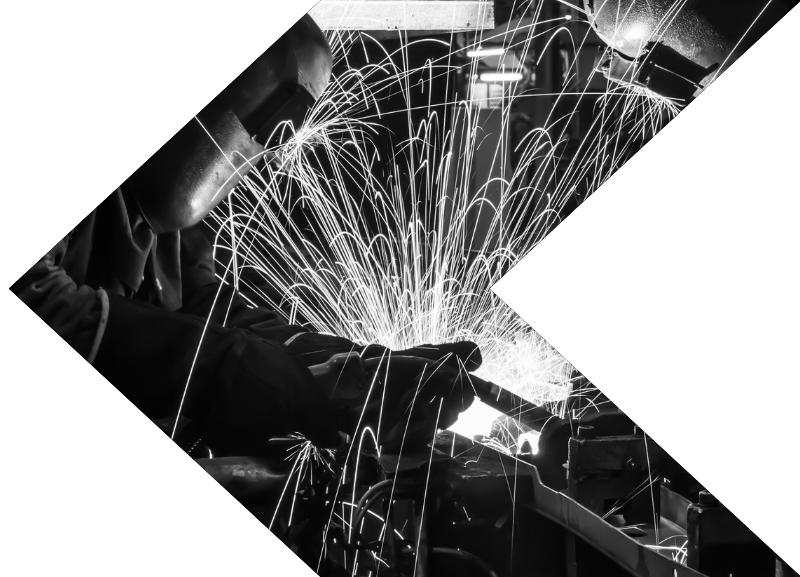By
on

The Internet of Things (IoT) is the term for the ever-growing network of physical objects and devices connected to the internet. These objects include anything from wearable technology and home appliances to industrial equipment and automobiles. The IoT has the potential to connect everything from everyday objects to complex systems, allowing for a greater level of communication and collaboration between devices.
Beyond the ability to streamline the communication between various devices and technologies, IoT also plays a pivotal role in creating better experiences and opportunities in several industries. Here are three industries that can benefit the most from applying IoT:
Exploring the Industries that Need to Integrate IoT the Most
The opportunities afforded by the IoT are vast and varied, impacting a broad range of industries. The healthcare industry is one area that is poised for major transformation due to the advent of IoT. With the ability to collect and track data in real-time, healthcare providers can optimise treatments, improve patient care, and reduce costs.
For example, IoT devices can help doctors more accurately diagnose patients and monitor their conditions. In addition, IoT-enabled sensors can be used to track medication usage and identify potential drug interactions. The collected data can also improve hospital operations by identifying areas where resources are wasted or could be better utilised.
The manufacturing industry is constantly looking for ways to improve its operations and increase efficiency. And while there are many different ways to achieve this, many experts believe that incorporating IoT technology is one of the most promising strategies.
There are several reasons why the manufacturing industry stands to benefit from IoT integration. First, by collecting data from sensors embedded in machines and other equipment, companies can gain valuable insights into how their production processes are performing. This information can then be used to make changes and optimizations that lead to increased productivity and reduced waste.
IoT can also help manufacturers improve quality control. By tracking product parameters such as temperature, pressure, and vibration levels throughout the manufacturing process, it’s possible to identify issues early on and correct them before they cause problems further down the line.
IoT has the potential to completely revolutionise the transportation and logistics industries. By connecting vehicles, cargo, and people through a network of sensors and devices, IoT can help optimise transportation processes and improve communication between stakeholders.
For example, IoT could track cargo in real-time so that shippers and carriers can always be aware of their shipments and how they are performing. This would allow for more efficient planning and execution of transportation tasks and increased transparency between different parts of the supply chain.
IoT could also be used to improve safety in the transportation sector. For example, sensors could be installed in vehicles to detect when a driver is fatigued or distracted. This would help reduce the number of accidents caused by human error. Additionally, connected cars could communicate with each other to avoid collisions or traffic jams.
The potential benefits of IoT in the transportation sector are endless, and it is clear that this industry needs to integrate IoT into its operations as soon as possible.
The internet of things (IoT) is one of the world’s most rapidly growing technological fields. The IoT has the potential to connect virtually everything – from appliances and vehicles to entire factories and cities. The possibilities for how the IoT can be used are endless, and it is already making a significant impact across a wide range of industries.
©2023 Ultravioletsim
Terms
Privacy